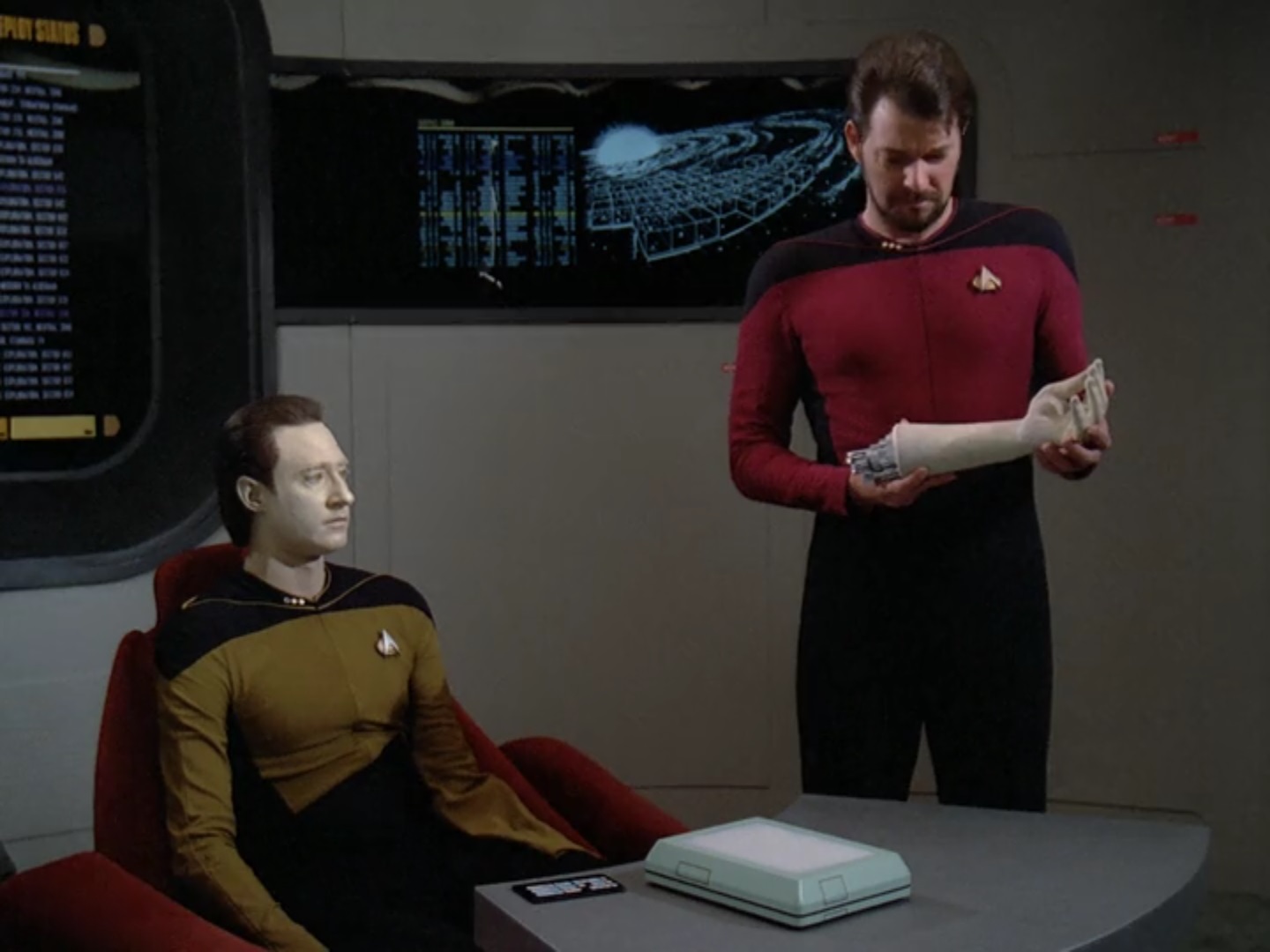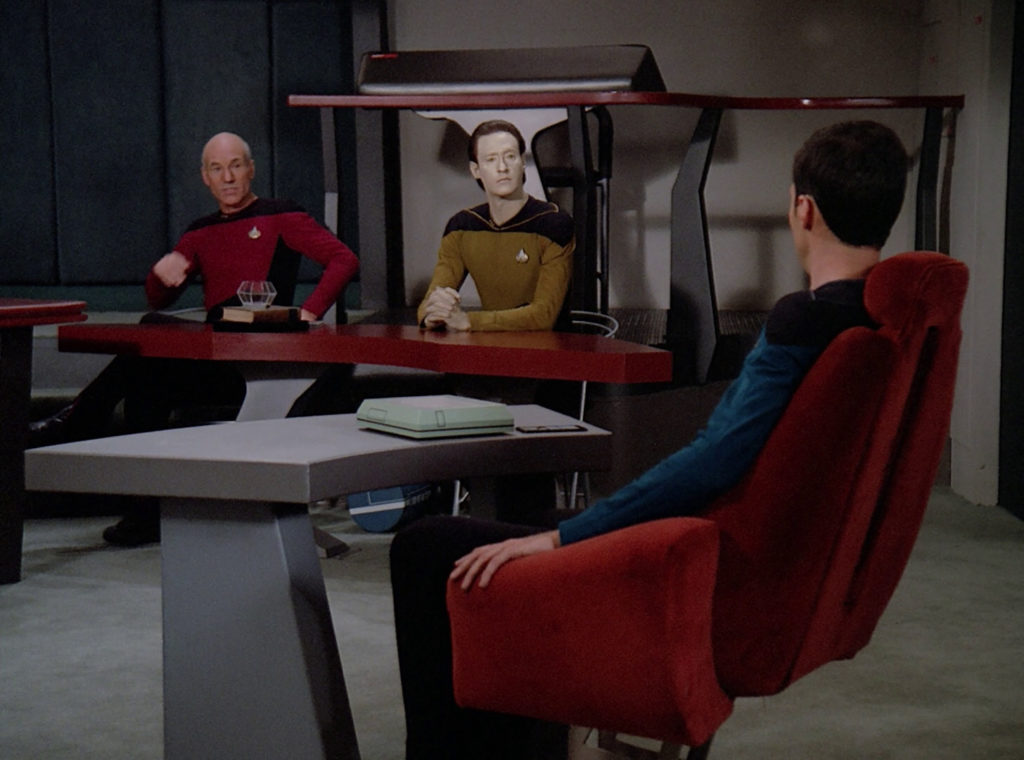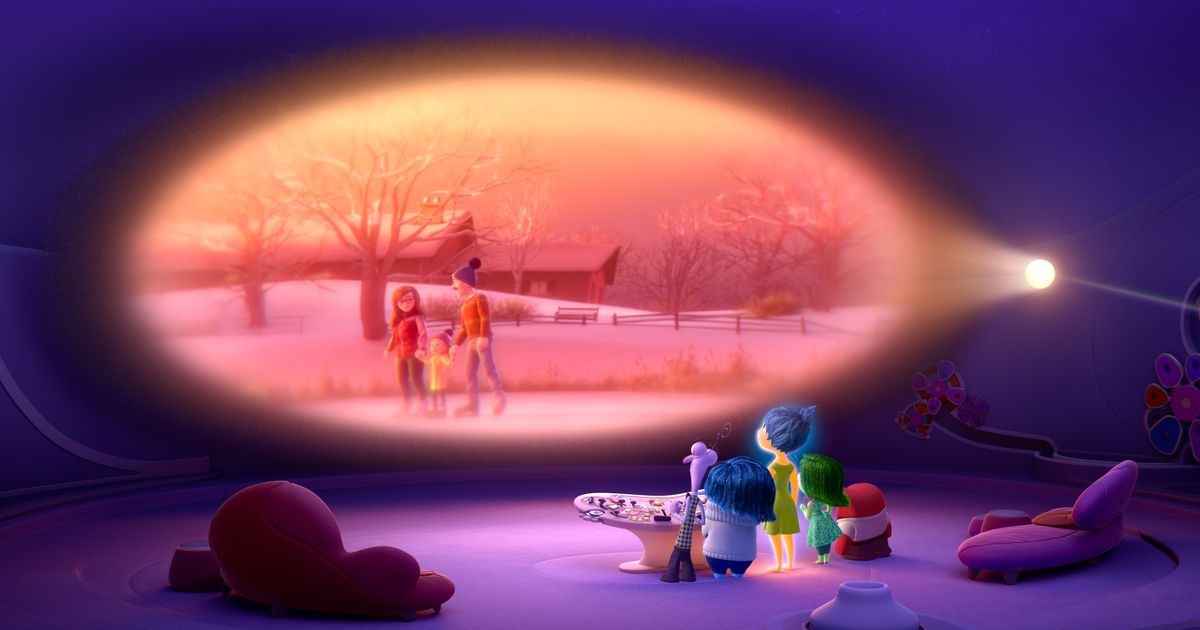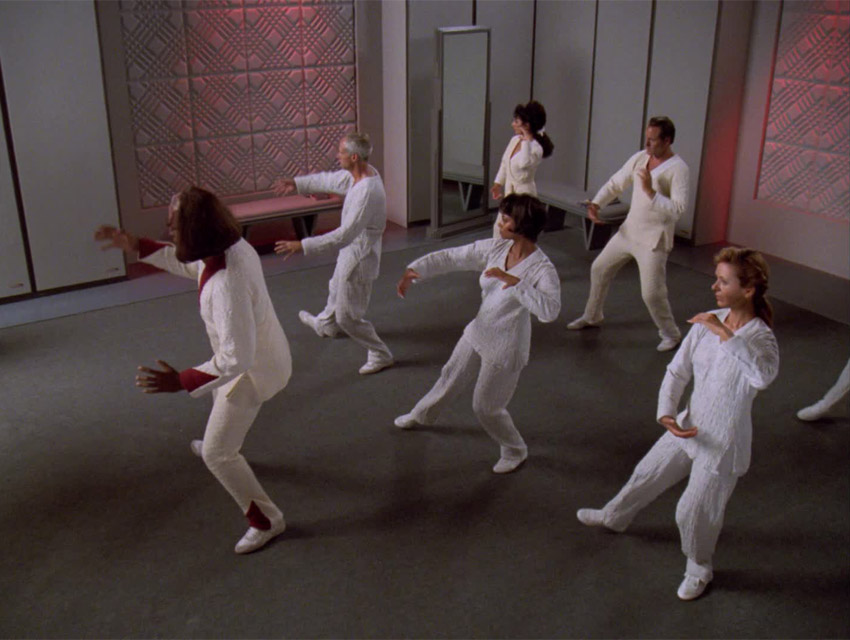In “Marjorie Prime” the concept is very interesting, imagine being able to have a replication of a deceased partner? A digital reboot clone of Marjorie’s deceased husband Walter. He learns to become more human by interacting with humans. He’s the Walter who Marjorie knew when she was the younger woman being courted, and eventually proposed to. It is hard for her daughter to understand the memory of him because she was so young. The Primes learn and improve as the people they’re designed for get steadily worse. Marjorie herself says as much to Walter before she dies, complaining, “You said I’d get better, but you’re the one getting better.” Hologram Walter is there for Marjorie to help her remember her past. As a hard reminder also of Alzheimer’s disease and affecting memory. During the first hour and 38 minutes of the movie there is a slow and sad conversations involving painful memories of the death of their first child. Subjective memory is one’s perceived memory ability, independent of objective standards or performance. Subjective memory reflects one’s perception about his or her personal memory functioning. As we learned about this in lecture it changes up the theory a bit. How can she know if she cannot remember? She may have episodes of Episodic memory of remembering bits and pieces. Maybe it is better because the hologram is having her remember the good times and not when the marriage began to fall apart. The good ole days.

In Star Trek “Measure of man” similar to Marjorie Prime where these prototype’s that are not actually living and breathing.. are they capable of the same human capacities? Do they have memory. In one scene Captain Louvois exclaims” It sits there looking at me; and I don’t know what it is. This case has dealt with metaphysics – with questions best left to saints and philosophers. I am neither competent nor qualified to answer those. But I’ve got to make a ruling, to try to speak to the future. Is Data a machine? Yes. Is he the property of Starfleet? No. We have all been dancing around the basic issue: does Data have a soul?”
The question is will this happen in our future? It is a possibility there can be prototypes of living deceased relatives but they will not be able to have what humans do and those are emotions and memories.
While we watched inside out Riley remembered a happy memory but realized there was sadness attached. We can feel a happy part of the memory and then it makes us feel differently after when we remember it differently. As we spoke about in lecture When we recall a memory, we retrieve specific details about it: where, when, with whom. But we often also experience a vivid feeling of remembering the event, sometimes almost reliving it. Memory researchers call these processes objective and subjective memory. You remember the joy later on and it can change over time. How you remember something can be influenced! I thought it was interesting in lecture how we spoke about the Mandela affect. I had done further research and false memory occurs when people incorrectly remember the same thing. Many people had thought Nelson Mandela died in prison in the 1980’s. However he passed in the early 2000’s. Widespread incorrect information can influence individual memories! crazy! so for the longest time everyone knew the saying in star wars as “Luke, I am your father.” It is actually “No, I am your father.” I actually took a poll with friends and ALL of them thought the incorrect saying was actually in the movie! *mind blown*.

Our memories are changing as we get older! what we remember as a child is different as we age! I remember less details the older I am getting from what I remembered in my 20’s. My emotions feel differently with certain situations tied to the memories! Just like Riley! To this day it is important that I write out my shopping list or I will not remember what I need at the grocery store. Human beings are so interesting, aren’t we?
























 case is Riley’s memory of the aftermath of losing the big hockey game. She’s sitting
case is Riley’s memory of the aftermath of losing the big hockey game. She’s sitting  out or anything) is a technique similar to meditiation–it is used to both clear the mind and phsyical protection (Mok’bara is the basis of Klingon hand-to-hand combat). Aside from the fact that watching Worf teach a meditation class is seemingly hilarious and contrasts to his more serious Klingon maneurisms, Mok’bara works as a contrast to Alkar’s funeral meditation. Alkar’s funeral meditation highlights the fact that Alkar is an “energy vampire” of sorts. Where Worf meditation works to clear the mind and protect yourself, Alkar’s meditation is works to lower your defenses and allow him to inflict his negative emotions onto you. Being that Troi is an empath, this means that she is more vulnerble to attacks of this nature as well as being more effected by them.
out or anything) is a technique similar to meditiation–it is used to both clear the mind and phsyical protection (Mok’bara is the basis of Klingon hand-to-hand combat). Aside from the fact that watching Worf teach a meditation class is seemingly hilarious and contrasts to his more serious Klingon maneurisms, Mok’bara works as a contrast to Alkar’s funeral meditation. Alkar’s funeral meditation highlights the fact that Alkar is an “energy vampire” of sorts. Where Worf meditation works to clear the mind and protect yourself, Alkar’s meditation is works to lower your defenses and allow him to inflict his negative emotions onto you. Being that Troi is an empath, this means that she is more vulnerble to attacks of this nature as well as being more effected by them.

